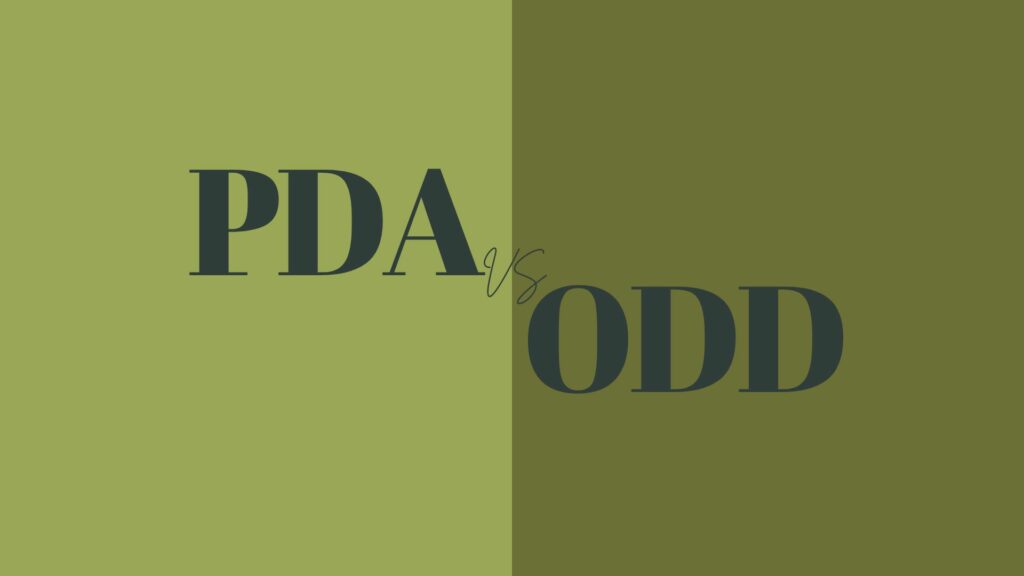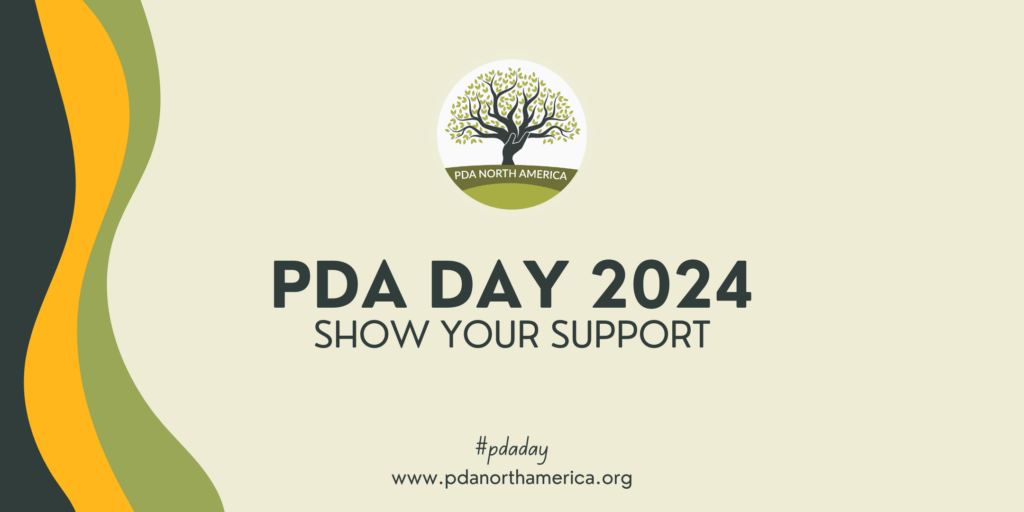by Rabbi Shoshana Meira Friedman
I’m getting questions from educators & parents about how to tell if a defiant child or student is ODD or PDA.
ODD vs PDA CHEAT SHEET
ODD
Can start at any age.
Not a profile of Autism.
Often caused by stress, trauma, unaccommodated ADHD.
Trigger around authority figures.
Best understood as a lack of support/healthy coping strategies for trauma and stress.
Routine & consistency can help.
Trauma-informed behavioral supports & skill building can help.
Can be treated & go away with time and support.
PDA
Neurology since birth.
Widely understood to be a profile of Autism.
Trigger around lack of autonomy, control, or equality in general – not only around authority figures.
Best understood as a nervous system disability.
Flexibility helps.
Lowering demands helps.
Can be accommodated.
Is a lifelong disabling brain difference.
Let’s say you have a child or student who is acting “defiant” by not doing what adults ask them to do to such an extent that you are seeking professional help. How can you tell if your child/student’s behavior is due to a nervous system disability present since birth (PDA), or due to lack of support or coping strategies for environmental stress or trauma (ODD)? We know it is very important to accurately catch PDA if that is what’s going on. So how can we tell?
Based on my research into ODD and extensive experience with PDA, I came up with the following questions I hope will help.
Rabbi Shoshana’s Unofficial PDA vs. ODD Questionnaire:
I am not a clinician, and these are not standard diagnostic questions.
This unofficial questionnaire is meant to help identify a potentially PDA child who would otherwise be mistakenly given an ODD diagnosis. It is not meant to catch internalized versions of PDA, which do not usually get mistaken for ODD.
Is the pattern of difficult/distressed behavior present since birth or early childhood?
Do the troubling behaviors/meltdowns come up when the child loses autonomy, control, or equality not only with authority figures BUT ALSO with peers, objects, games, disappointments, choices, and the demands of daily life (bathing, leaving the house, putting on clothes, eating, etc).
Does the child have trouble meeting one or more survival needs at home or school, or create strict rules around how they are “allowed” to meet those needs? Survival needs refers to eating, drinking, toileting, hygiene, sleeping, and physical safety.
Does the child have trouble meeting one or more secondary needs at home or school, or create strict rules around how they are “allowed” to meet those needs? Secondary needs include leaving the house, wearing clothes, social interaction, or trying new things.
Does the child exhibit a need to be in control or be the expert in all or most situations, including with adults but also peers, siblings, and strangers?
Does the child (or even teen) often need one-on-one attention from a loving adult to be able to engage in play off of a screen?
Does the child have sensory differences or challenges?
Does the child love to share at length (info dump) about a favorite topic when they feel safe?
Does the child have special interests that light them up and hold their attention for very long periods of time?
Look closely at any behavior being labeled vindictive, such as hiding a parent’s favorite object. Can you understand the behavior as a way to assert control over the parent after or during a stressful situation for the child? (This is called equalizing behavior and it’s a common coping strategy for PDAers)
Do birthday parties or gifts dysregulate or stress the child out?
If the parents or teachers drop demands, and allow the child to be in charge and autonomous as much as possible, does the child seem more relaxed and regulated? (Note that if the child has been in a freeze/shutdown nervous system state, PDA accommodations may bring out a fight/flight reaction at first, since the child feels safer. It looks like things are worse but it’s actually a sign the nervous system is healing).
Do adult-led rewards, behavior charts, consequences or bribes increase the troubling behaviors or cause the child to shut down and withdraw, or ignore them all together?
Does the child crave the undivided attention of their primary caregiver?
Does the child exhibit signs of social anxiety such as trying to control who comes in the house, trying to control how peers engage in play, or going into in fight/flight/freeze or other dysregulation after a social event including school or a playdate?
Does the child use strategies such as making excuses, being silly, or engaging in imaginary play when they are avoiding complying with an adult’s expectation?
Does the child say things like “my legs don’t work” or need you to do what looks like simple tasks for them, such as putting a blanket on them that is right next to them on the couch?
Does the child sometimes get excited about an upcoming event, only to be unable to leave the house when the time comes?
Does role play or fantasy play, especially when it’s aligned with the child’s interests, dissipate stress and avoidance behaviors?
Book a coaching session with me.
Ready to learn more about PDA?


